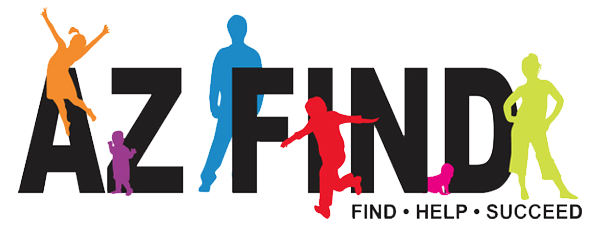Governance
The Arizona State Board for Charter Schools exists to improve public education in Arizona by sponsoring charter schools that provide quality educational choices. To learn more about Charter Schools in Arizona, please visit their website.
Meet Our Governing Board
Public Records Request Contacts
Admin Assistant, Cyarin Valdez, [email protected]
Additional Resources
Title I
Being a Title I school means receiving federal funding (Title I dollars) to supplement the school’s existing programs. These dollars are used for:
- Identifying students experiencing academic difficulties and providing timely assistance to help these students meet the State’s challenging content standards.
- Purchasing supplemental staff/programs/materials/supplies
- Conducting parental Involvement meetings/trainings/activities
- Recruiting/Hiring/Retaining Highly Qualified Teachers
The Grande Innovation Academy’s Title 1 program is a schoolwide program which means that the Title program serves all children in the school. All staff, resources, and classes are part of the overall Schoolwide program. The purpose is to generate high levels of academic achievement in core subject areas for all students, especially those students most in need.
Title IX
Title IX of the Education Amendments of 1972 and the Title IX regulations prohibit discrimination on the basis of sex, including gender-based and sexual harassment discrimination, in the School’s educational programs and activities, including employment. The Grande Innovation Academy is committed to maintaining an educational and working environment free from sex discrimination and harassment and encourages any student or employee who believes they have been subjected to discrimination on the basis of sex, whether by students or by School employees, to utilize this procedure.
The Grande Innovation Academy has completed Title IX training and certification with top practitioners from ATIXA – Association of Title IX Administrators.
For more information on Title IX please download our policy. For more information on Title IX Decision Makers, download our information sheet.
AZ Find
AZ FIND provides information and resources to parents, public education agencies (PEAs), state agencies, and professional organizations regarding child find statutes, policies, and procedures.
Child find is a component of the Individuals with Disabilities Education Act (IDEA ’04) that requires Public Education Agencies (PEA) to locate, identify, and evaluate all children with disabilities, aged birth through 21, located within their boundaries of responsibility who are in need of early intervention or special education services.
ESSER III Plan
Title IX of the Education Amendments of 1972 and the Title IX regulations prohibit discrimination on the basis of sex, including gender-based and sexual harassment discrimination, in the School’s educational programs and activities, including employment. The Grande Innovation Academy is committed to maintaining an educational and working environment free from sex discrimination and harassment and encourages any student or employee who believes they have been subjected to discrimination on the basis of sex, whether by students or by School employees, to utilize this procedure. For more information on Title IX please download our policy. For more information on Title IX Decision Makers, download our information sheet.
The Arizona Department of Education
The Arizona Department of Education is the state agency tasked with overseeing Arizona’s K-12 public education system. The Arizona Department of Education is led by a publicly elected Superintendent of Public Instruction and has over 600 staff members working to serve Arizona’s students, families, educators, and school communities.
The Department of Education is a great resource for additional information regarding high school graduation requirements, gifted education, advanced placements, transcripts, test scores, health and nutrition services, project A.W.A.R.E., and state and federal grants. In addition to services offered at the school level, the Department of Education offers information for parents regarding drug abuse, internet safety, social media guidelines and drivers education. The office of English language acquisition services supports educators, families, and students who are multilingual, experiencing homelessness, placed in foster care, or are part of migrant families. The Arizona Department of Education facilitates grants and funding that support our schools at both the state and federal level.





